|
Self-awareness involves understanding your personality, behaviours and behaviour patterns. It is all about getting to know yourself and what makes you who you are.
Raising your self-awareness starts with self-reflection and observing your behaviour and reactions. Self-reflection can be a powerful tool on its own. Time spent exploring this is time well worth spent. Raising your self-awareness can involve observing yourself for ca 2 weeks. Make notes of what you witness:
More Personal Development Tips
|
Suzie Doscher is a Professional Executive Coach focusing on Personal Development. Located in Zurich, Switzerland. Her approach to personal development is practical and successful.
Suzie is happiest when helping people. Her vision is everyone should have access to techniques for personal growth and development. This was the motivation behind her book. Author |






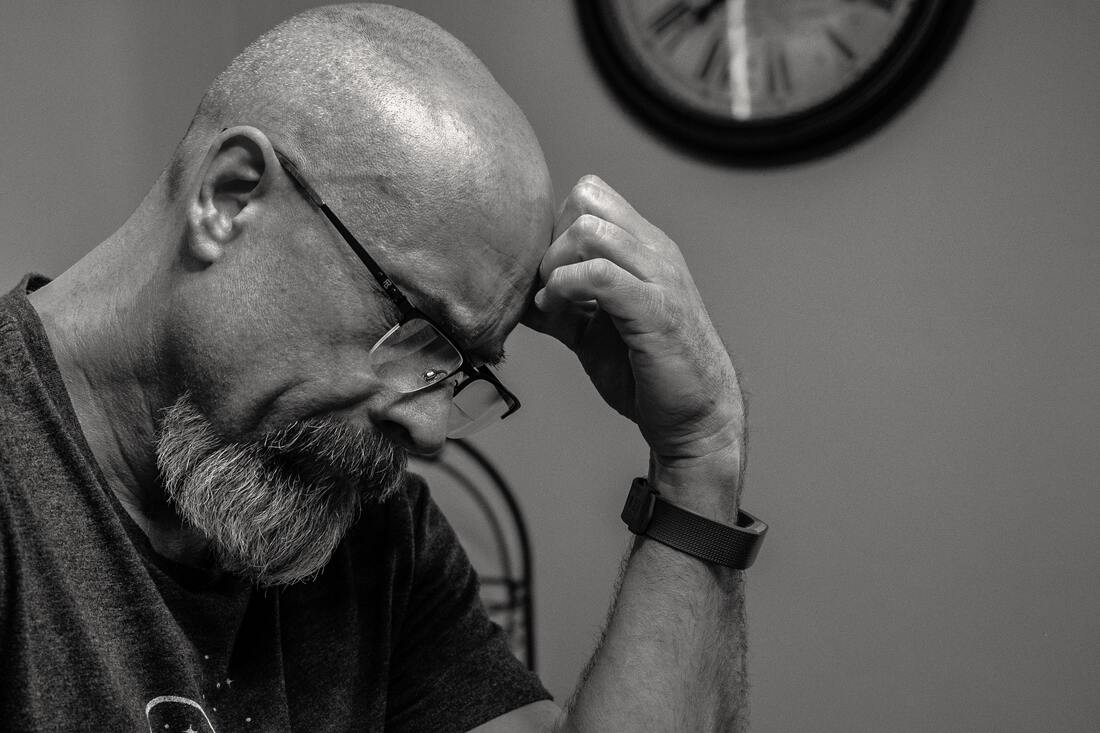





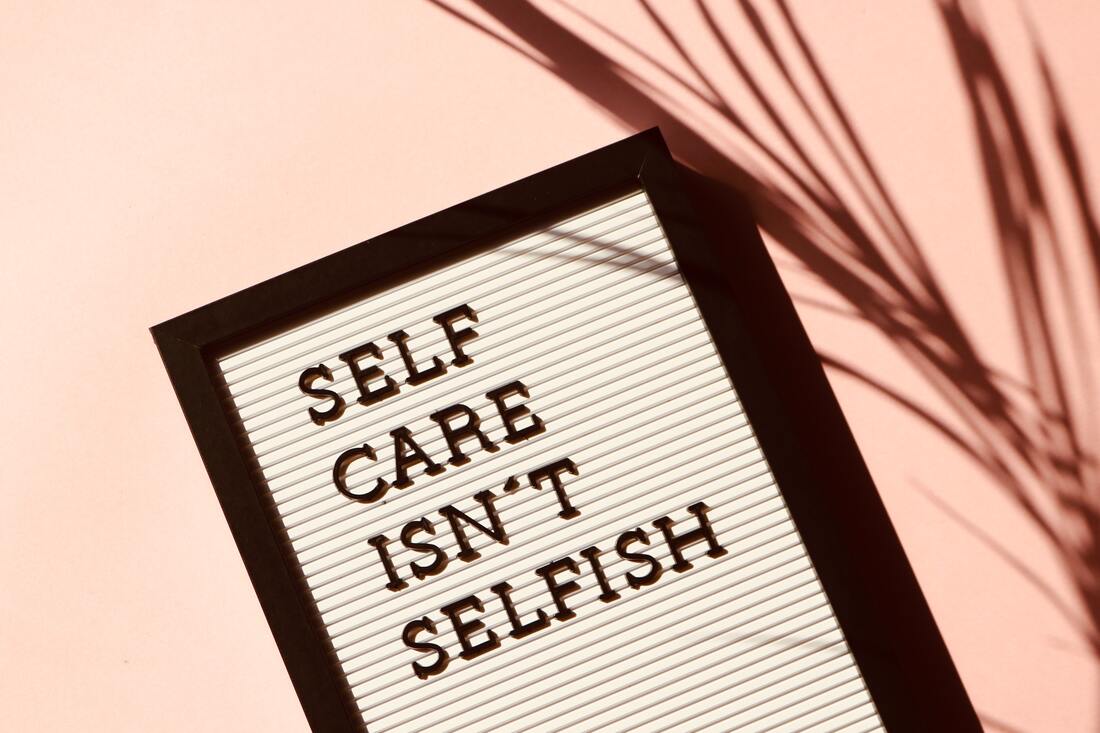



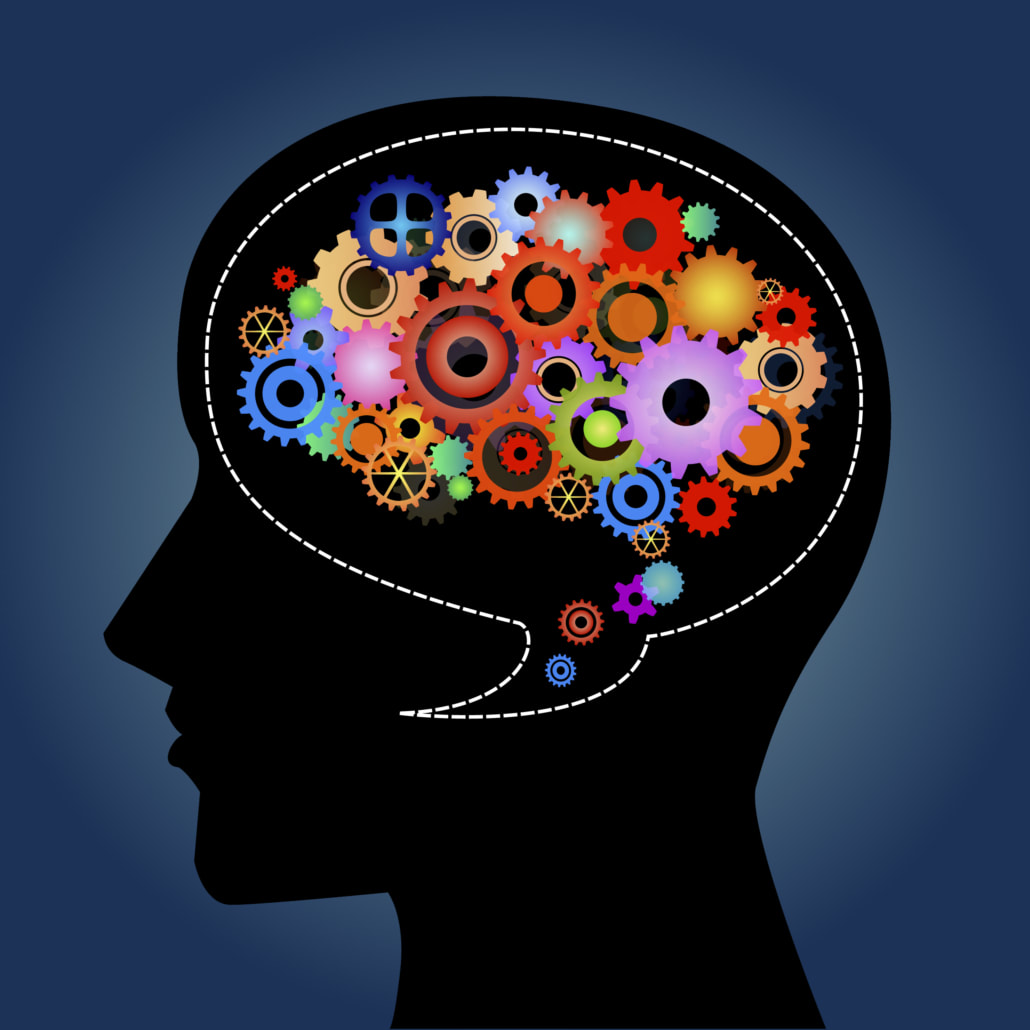


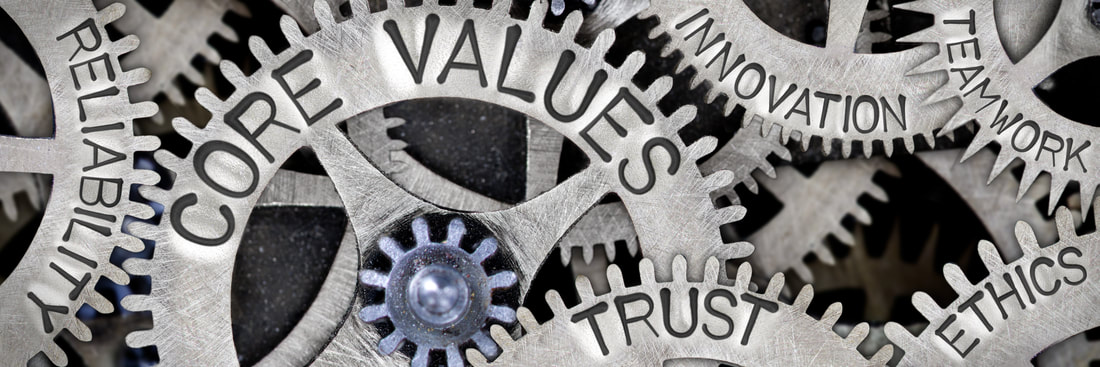





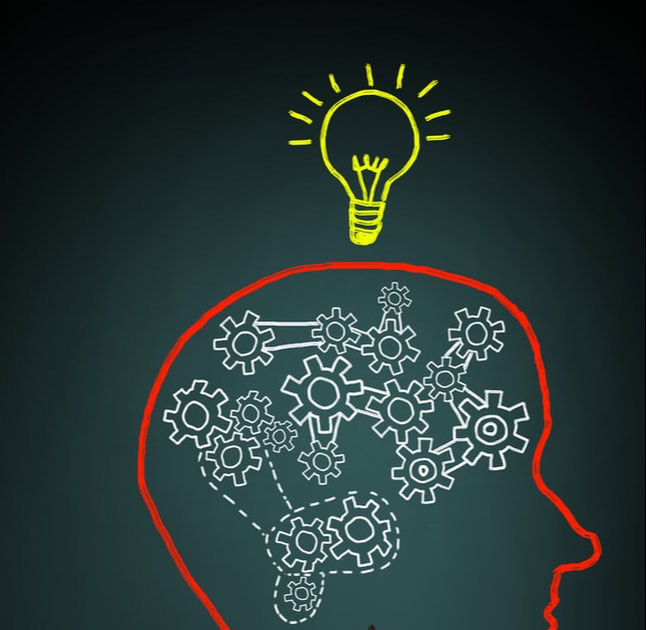
 RSS Feed
RSS Feed

